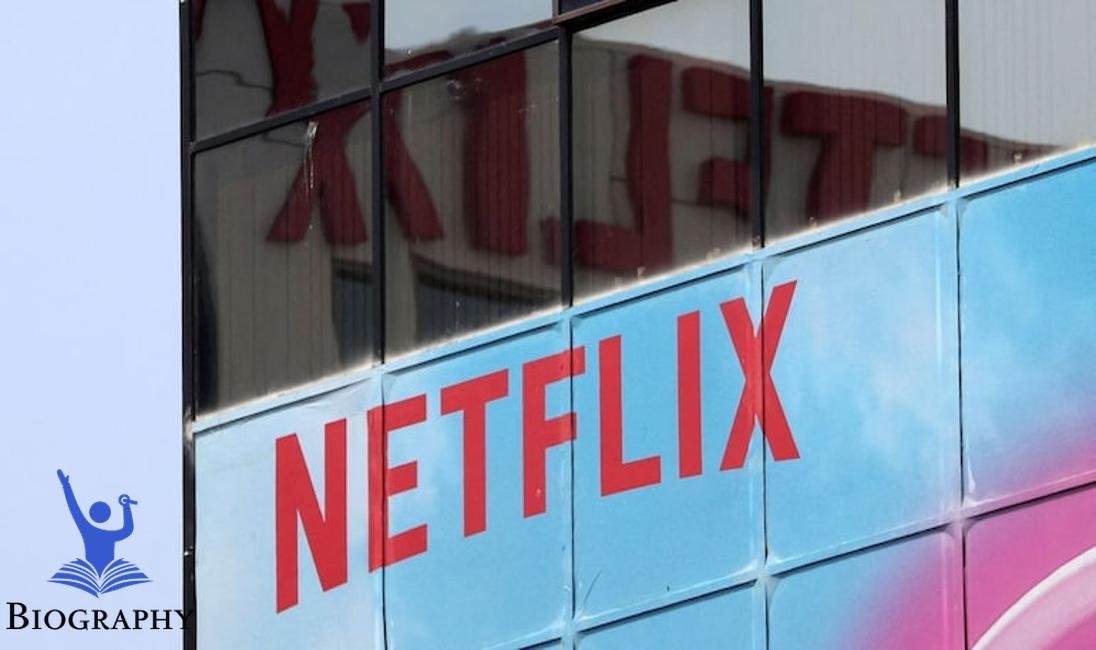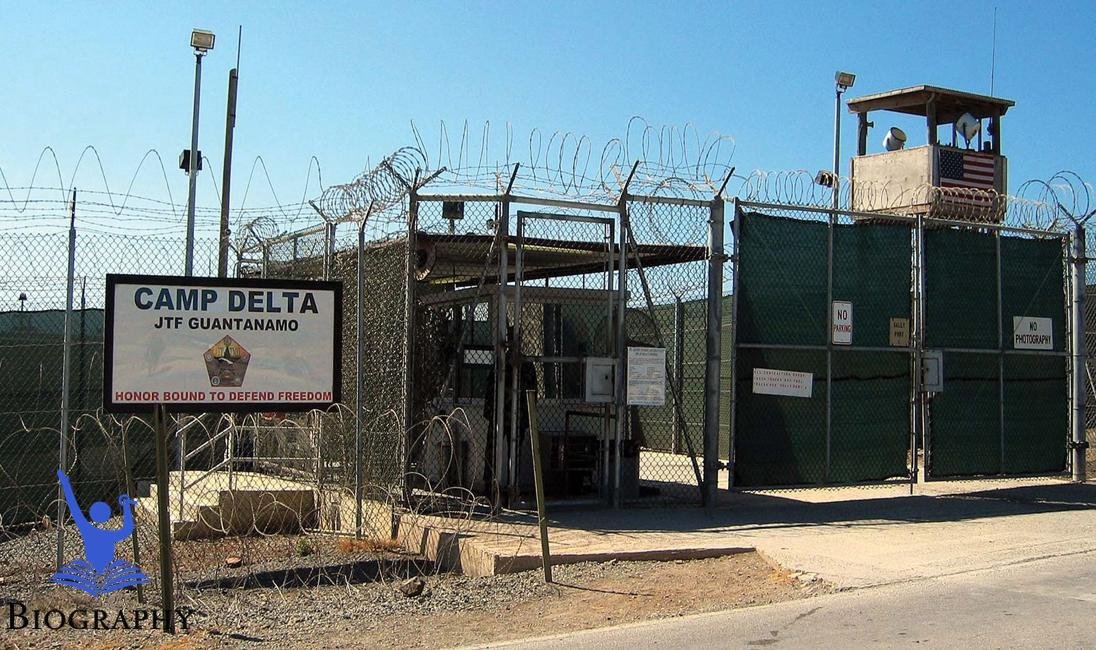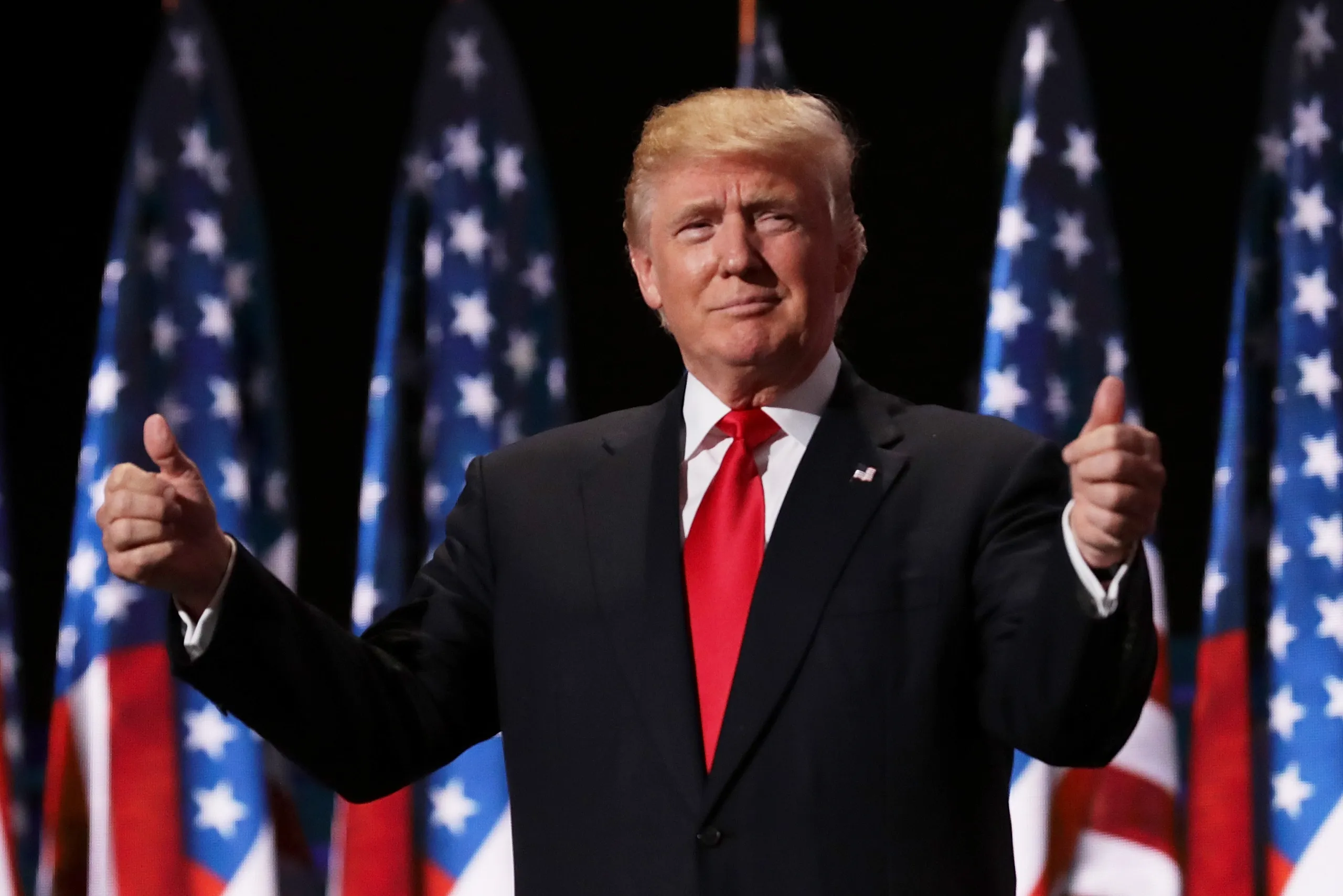Now Reading: Understanding the Surge of the Korean Currency: Trends and Implications Ahead
-
01
Understanding the Surge of the Korean Currency: Trends and Implications Ahead

Understanding the Surge of the Korean Currency: Trends and Implications Ahead
Korean Currency: Significant Shifts in the Market and Economy
Ongoing Changes in the Korean Currency Landscape Impacting Trade
Date and time 11 February
Recently, the Korean currency, the won (KRW), has seen a huge wobble that is causing similar confusion among economists and brokers. This unpredictability can be attributed to global diversification of home-grown products reminiscent of changes in borrowing costs, global exchange rate stress, changes in financial sponsor sentiment Understanding their growth is important and provide you with a comprehensive economic perspective on South Korea to make recommendations for nearby customers and global colleagues
Market Movement and Significance
Recent reports show that their prices have fallen against the US dollar. for the dollar, yields were the lowest in years. The downturn began in early January 2025, when the Bank of Korea announced an increase in potential financing costs, causing sponsors to rethink their positions and experts agree that the move was a response for in the increasing number of expansions in the country, and triggering concerns about future prices prevail.
In addition, geopolitical tensions in the Asia-Pacific region, especially those related to trade relations with neighboring countries, have affected market confidence, said Dr Nicholson, an economist at the Seoul Economic Institute . . . . “The depreciation of the won reflects broader concerns about South Korea’s business outlook,” said Min-jae Park. “As consumer confidence declines, the impact on spending and investment could be significant.”
Key Players and Responses
Market analysts, foreign exchange traders and the Bank of Korea pay close attention to these measures. Bank of Korea Governor Lee Joo-yeol said, “We are committed to introducing measures to sustain the success. We believe that a strong currency is necessary for sustainable economic growth. The statement alone has given.” scrutiny of the bank’s future policy decisions has increased.”
The government also called an emergency meeting to discuss measures to mitigate the negative impact of the weekend currency fluctuations. “We are prepared to intervene if necessary to protect our currency and boost market confidence,” Finance Minister Xu Hyung-hwan said.
Public Reaction
The public’s response to the latest trends in the Korean currency market has been predominantly mixed. Many consumers expressed concerns about rising prices of imported goods and potential inflation. Popular social media platforms have seen an uptick in discussions around the depreciation of the won, with trending hashtags like #KoreanCurrencyCrisis and #WonWatch gathering traction.
On platforms such as Twitter and Instagram, users frequently share their feelings on how the won’s devaluation could affect their daily purchases. “Is it time to gather the essentials?” reflects the concerns of consumers who are being caught out as they prepare for a potential financial crisis.
Official Responses
In response to mounting public pressure, legislatures and exchange associations issued presentations. The Korean Ministry of Commerce issued a notice encouraging institutions to prepare for currency fluctuations that could affect import costs. They highlighted the need for neighboring companies to remain cut-throat in a volatile and unfamiliar trading environment.
In official negotiations, the government has assured its commitment to economic stability. Because its goal is to build consumer and investor confidence. “Our role is to ensure that the economy is resilient to external shocks,” Minister Joo Hyung-hwan said.
Conclusion
The situation regarding the Korean currency has now been described as unpredictable and fragile. As victory is complicated by expansionism from home and global pressure, the consequences for the South Korean economy could be significant. Financial sponsors, consumers, and policymakers alike should be alarmed by the continuing changes in events and Bank of Korea’s balancing strategies.
The following steps take a closer look at the upcoming meeting of the Bank of Korea and global economic conditions that could further affect the direction of the won. As circumstances evolve, strategies need to be adjusted to deal with possibilities related to differences in spousal income.







































